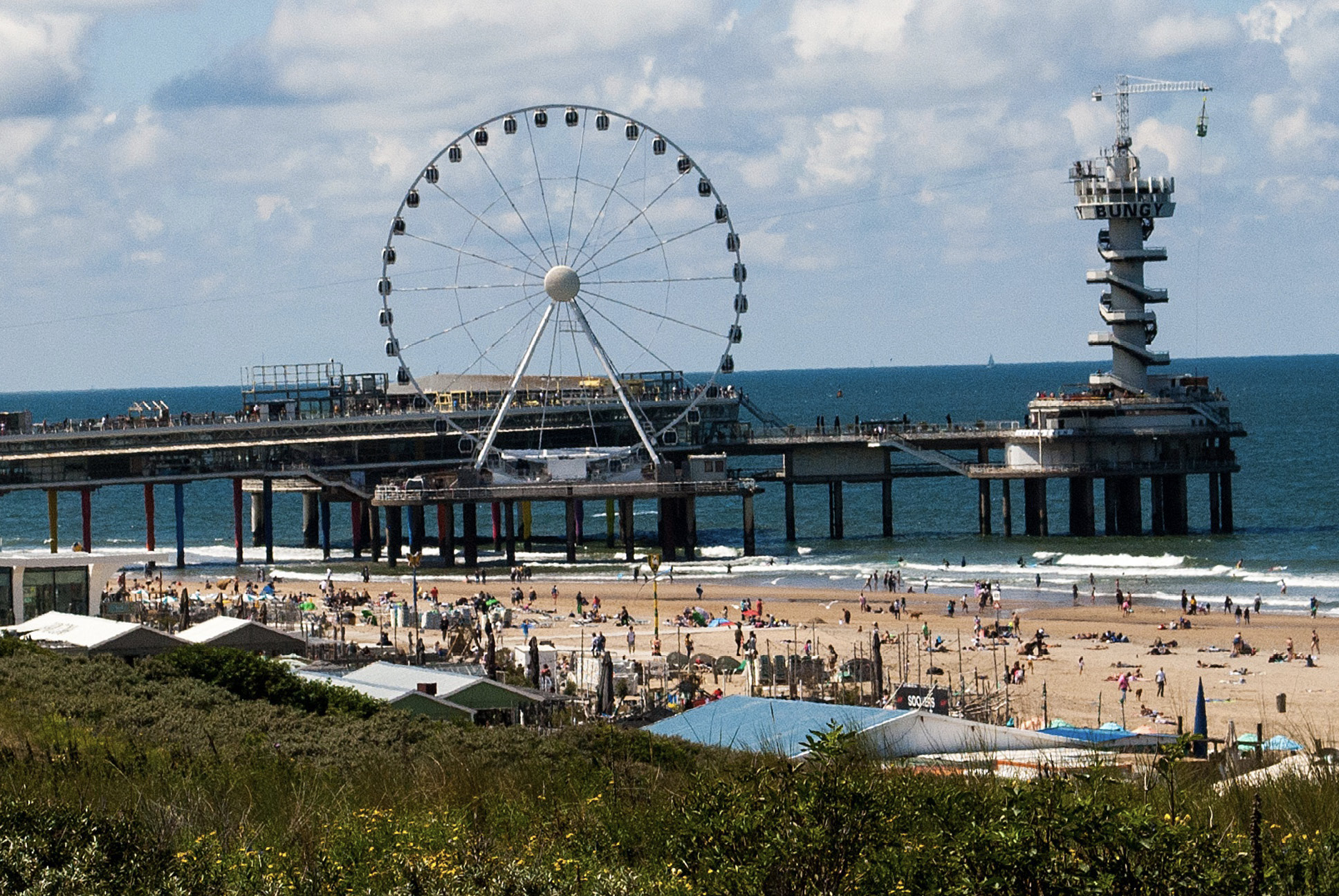Balanced Destination: A New Decision-Making Framework Developed
How can tourist destinations remain livable, attractive, and sustainable? This question was at the heart of the research project Destination in Balance, commissioned by the Province of South Holland and carried out by CELTH, Erasmus UPT, Bureau Buiten, and Bureau voor Ruimte en Vrije Tijd. The interdisciplinary study led to the development of an innovative assessment framework and a practical approach that enables policymakers and stakeholders to monitor and enhance the balance in tourism. CELTH played a pivotal role in this process, contributing its expertise in conscious destination development, the societal value of tourism and recreation, and the organizational capacity needed to manage destinations effectively.
"The developed assessment framework evaluates the balance within a destination across three domains: economy, society, and environment. The framework serves as a starting point for a shared dialogue among stakeholders about achieving and maintaining balance, where data is interpreted and jointly discussed during a 'balance table'," says Jeroen Klijs, professor at BUas.
Background: Increasing pressure on destinations
South Holland is a popular province for day and overnight recreation. From the beaches of Scheveningen to the nature reserves of Midden-Delfland, tourism and recreational use are on the rise. At the same time, concerns are growing about the impact on livability, nature, and infrastructure. The 2023–2027 coalition agreement explicitly called for sustainable development of recreation and tourism, in harmony with the environment.
The main research question was: “How can we assess whether tourist and recreational destinations in South Holland are in balance in the short and (medium) long term? And what are the possible courses of action to address any imbalance?”
The approach: an assessment framework for balance
Balance can be seen as the pursuit of a form of tourism and recreation within the carrying capacity of a destination, resulting in the most positively perceived outcomes by stakeholders. Measuring balance is highly complex. Even when a destination appears balanced overall, some stakeholders may not experience balance due to strongly negative effects that, in their view, must be removed before balance can be achieved. It is therefore essential to also consider interrelations. Imbalances may occur within socio-cultural, socio-economic, and socio-ecological aspects, or between these aspects.
The consortium developed a methodology that makes tourism balance visible through an assessment framework. This framework combines objective data (such as economic figures and CO₂ emissions) with subjective elements (such as resident and visitor surveys). CELTH contributed its expertise in broad prosperity, societal value, and destination-level organizational capacity.
The framework evaluates destinations across three domains:
- Economy – contribution of tourism and recreation to employment and the local economy.
- Society – impact on residents, visitors, and workers.
- Environment – pressure on nature, infrastructure, and sustainability.
For each domain, five key indicators were selected, such as economic impact, business climate, degree of specialization, level of amenities, perceived crowding, opinions of residents, visitors and workers, climate pressure, modal split of car visits, land use for tourism and recreation, and vulnerable nature. The full set of 15 indicators combines both objective data (e.g., economic figures) and subjective data (e.g., resident and visitor surveys).
Pilot: three destinations tested
The framework was applied to three diverse destinations in South Holland:
- Scheveningen – urban destination with peak crowding and strong dependence on tourism.
- Goeree-Overflakkee – island with coastal tourism and recreational potential inland.
- Midden-Delfland – rural area with day recreation and vulnerable nature.
Researchers attempted to determine whether each key indicator reflected balance or imbalance. However, defining thresholds proved challenging, mainly due to the strong influence of local context and the complex interpretation of indicators. The pilots also revealed that local data is often limited, and that tailored approaches per destination are necessary.
Therefore, the researchers developed an assessment framework that integrates the various key indicators to evaluate recreational and tourism balance within a destination. The framework enables comparison between destinations and makes the balance (or imbalance) of each destination visible and open for discussion.
Final result: Practical approach and courses of action
In addition to the research report, a practical approach was developed. This offers destinations a step-by-step method to apply the framework themselves. From data collection to organizing balance tables and formulating policy, this approach makes the process accessible and applicable. These balance tables are essential for fostering interactive dialogue with stakeholders, which can lead to shared understanding and actionable insights.
CELTH: knowledge partner in balance-related issues
CELTH made a substantial contribution to the theoretical foundation of the framework. Drawing on previous projects such as Valuable Tourism and the Agenda for Conscious Destinations, CELTH provided insights into carrying capacity, societal value, and stakeholder perception.
The interdisciplinary collaboration with other partners and the Province of South Holland demonstrates how knowledge institutions, governments, and consultancies can work together toward a future-proof tourism sector.
Next step: from insight to action
The project Destination in Balance provides a solid foundation for policy and practice. The challenge now lies in implementation: filling data gaps, organizing balance tables, and sharing experiences. CELTH remains committed to supporting this translation – with knowledge, tools, and networks.
Report (Dutch)
Focus on Core Web Vitals and user-centric performance metrics for better search rankings and user experience.
Download


